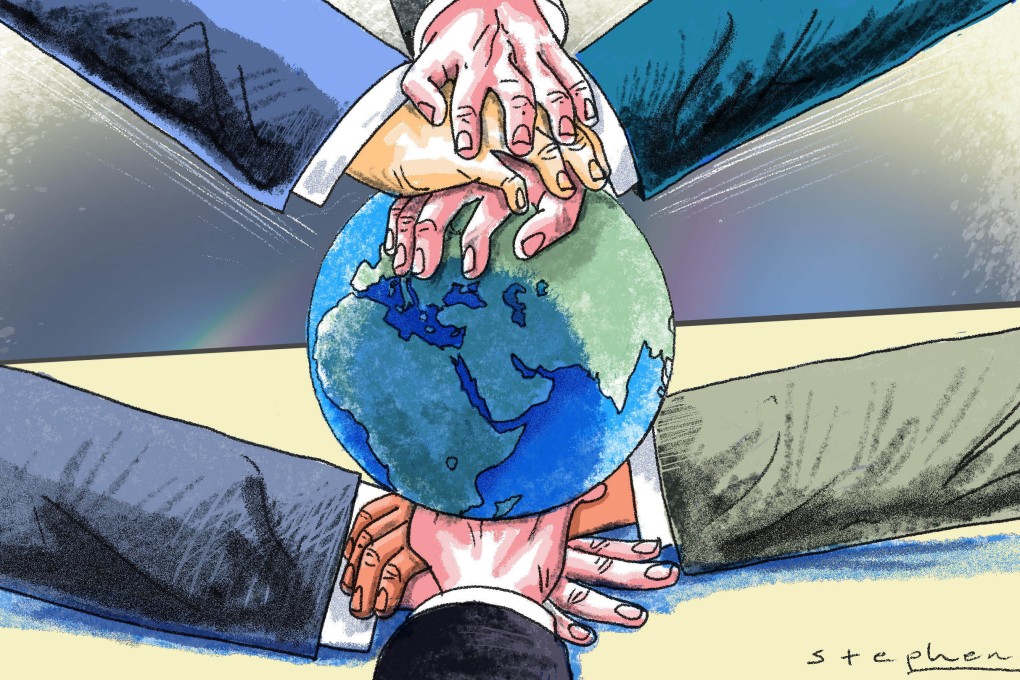Opinion | US, Russian and Chinese moves mark the return of raison d’état
- In the new era of global politics in which national interest eclipses all else, countries will inevitably provoke one another, giving rise to coalitions and a new global balance of power
- Such an environment is hardly conducive to international cooperation and historically has led to full-scale conflict

This was practised in the 17th century by French statesmen Cardinal Richelieu and later popularised in Henry Kissinger’s magnum opus Diplomacy.
Bluntly, it stipulates that national interests override all other considerations of a legal or moral kind. In other words, as Kissinger writes, “raison d’état asserted that the well-being of the state justified whatever means were employed to further it”. Power politics and raison d’état are interconnected, since the promotion of national interests requires both accumulation and global spread of power.
There is no limitation – legal or practical – to raison d’état, except for the physical capability of the country to enforce its own interests on other states. That is the main driver of global conflicts and wars.
When a balance is struck, a period of relative stability is ensured, as in the aftermath of each major global conflict, resulting in a new international system: the Peace of Westphalia (1648), the Congress of Vienna (1814–15), the Treaty of Versailles (1919) and the Paris Peace Conference (1919–1920), the Potsdam Conference (1945) and the current state of post-Cold War international relations which emerged after the collapse of the Soviet Union in 1991.

